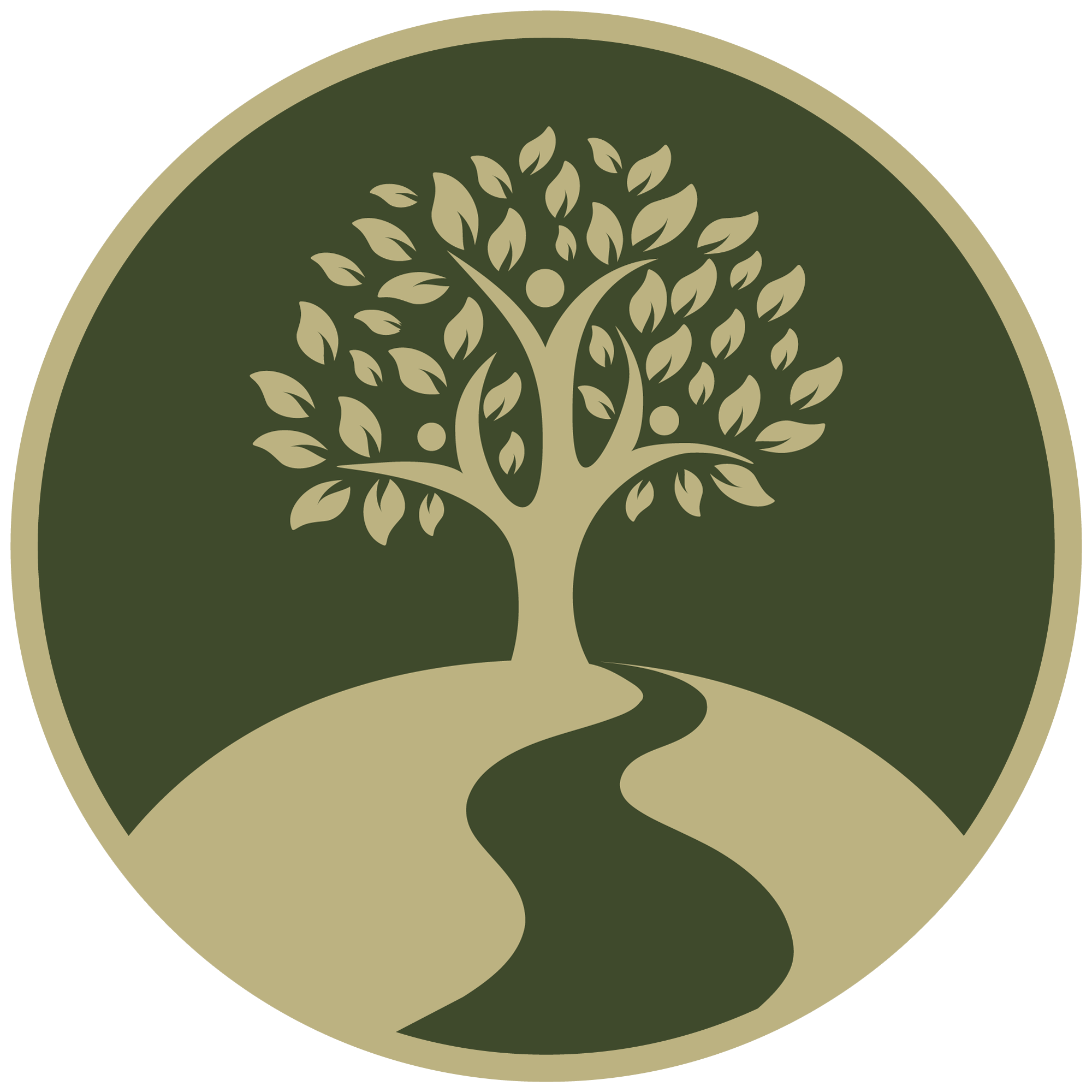

With International Women’s Day fast approaching, it is time to start paying attention to women’s issues that are seldom discussed in popular media such as pain management (especially during childbirth). Pain is described as a condition that includes beliefs, behaviours and functional disabilities. The interplay of beliefs, behaviours and functional disabilities creates personal meanings of pain. Often, feelings of hopelessness, anger and fear are accompanied along with pain and many people fear that the pain they feel will somehow worsen. It is even thought that some sufferers of chronic pain may also suffer from PTSD as a result and many people do not feel comfortable accessing help (such as those in the military or those giving birth where there is a greater stigma attached to pain management).
People often wait to be ordered to receive care or wait until the consequences of the pain are severe and limit ability. They often feel that they are not in control of their pain management, and often start with over the counter medication treatment out of fear of addiction to stronger pain killers. This is especially difficult for women who often wait so long to receive treatment that by the time they get treatment, chronicity and disability are simply unavoidable.
Some non-medical ways of managing pain include distraction techniques, heating pads, ice, massages, hot baths, showers, prayer, laying down to rest, physical therapy, acupuncture, darkness, pool therapy, exercises, deep breathing, relaxation and minimizing activities. As an individual, it is important to take control of your own pain management, respect your limitations and be willing to modify your work and activities. Lastly, social support is a crucial aspect of pain management – friends, family and those who are in a similar boat as you can provide practical support, reassurance, companionship and care.